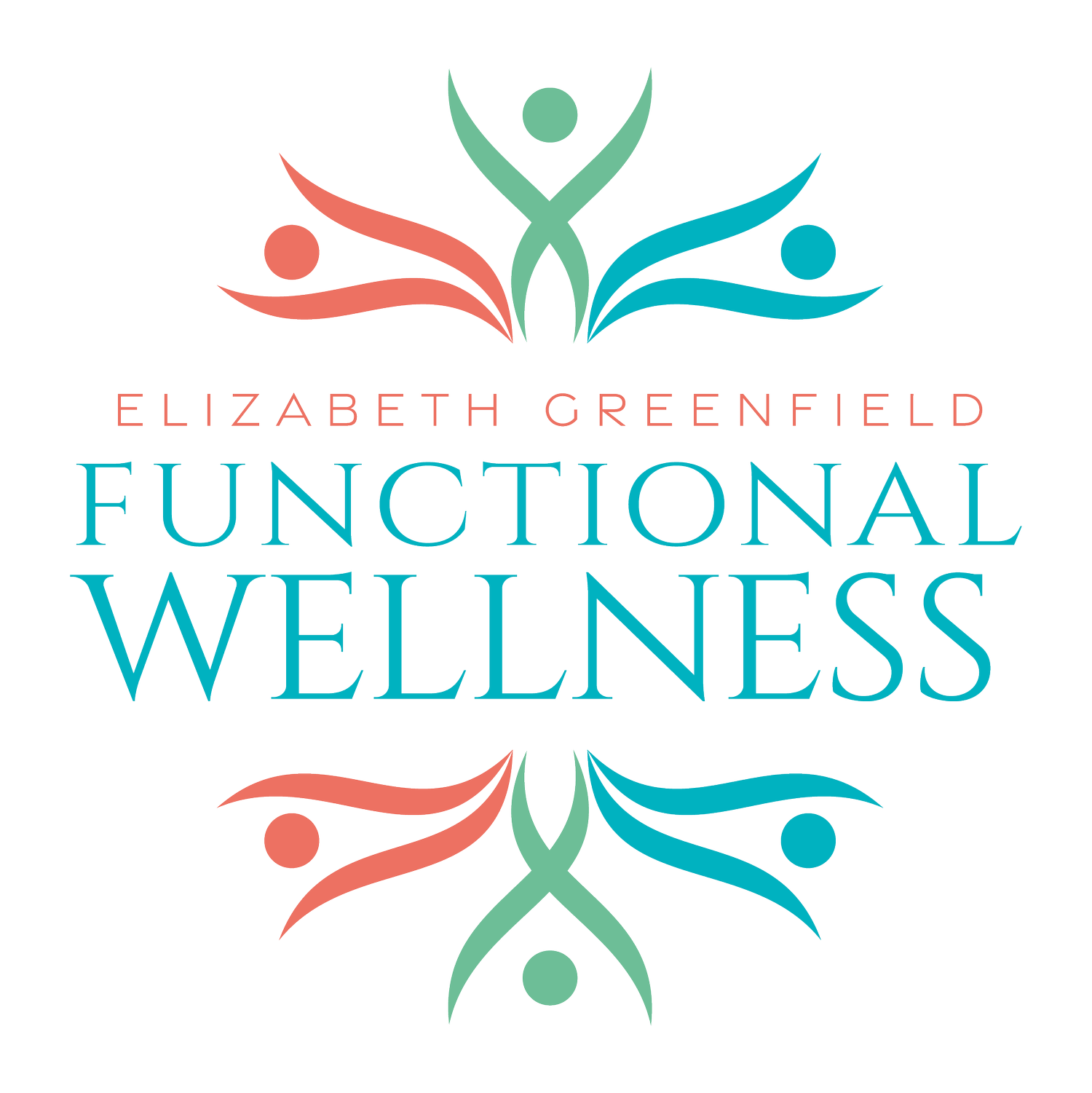The Connection Between Sleep, Stress, and Estrogen: How Estrogen Dominance Affects Your Sleep and Stress Levels
Hormones are powerful. They influence every aspect of our physical and emotional health, and when they’re out of balance, the effects can ripple through our entire system. One of the most important, yet often overlooked, connections is between sleep, stress, and estrogen. For women, especially those in their 40s and beyond, hormonal shifts during perimenopause and menopause can have a significant impact on sleep quality and stress management.
Estrogen and Its Role in the Body
Estrogen is a key hormone in the female body, responsible for regulating the menstrual cycle, supporting bone health, and even influencing mood. However, as we age, our estrogen levels can become imbalanced. One of the most common hormonal imbalances women face in midlife is estrogen dominance, which occurs when estrogen remains elevated compared to progesterone. This imbalance can lead to a cascade of issues, particularly when it comes to sleep and stress.
Estrogen Dominance and Its Effects
Estrogen dominance doesn’t necessarily mean that estrogen levels are excessively high. In fact, estrogen levels may actually be decreasing, but the key is that progesterone levels drop first, leaving estrogen to dominate. Progesterone is a calming hormone, often referred to as the "sleep hormone" because it helps regulate our nervous system and promotes restfulness.
When progesterone levels drop, women may begin to feel the effects of estrogen dominance. This imbalance leads to symptoms like:
Fatigue: Feeling constantly drained, even after a full night’s sleep.
Mood swings: Increased anxiety, irritability, and stress levels.
Sleep disturbances: Difficulty falling asleep, staying asleep, or experiencing restless, low-quality sleep.
Weight gain: Particularly around the abdomen, which can exacerbate stress and frustration.
For many women, the lack of progesterone’s calming effects means that sleep quality suffers. As a result, even though the body is tired, the mind is often overstimulated, leading to insomnia or frequent waking throughout the night.
Stress and Its Impact on Estrogen
Another factor that complicates hormonal balance is stress. Stress triggers the release of cortisol, the body's primary stress hormone, which can directly interfere with hormone production, particularly progesterone. When cortisol levels remain elevated due to chronic stress, it can actually suppress progesterone production, exacerbating estrogen dominance.
Stress is a double-edged sword. On one hand, it can increase estrogen levels, contributing to estrogen dominance, and on the other hand, it depletes progesterone, making it even harder for your body to find balance. This vicious cycle of stress, hormonal imbalance, and sleep disruption is a common issue for many women, particularly as they enter midlife.
Why Estrogen Dominance Disrupts Sleep
The connection between estrogen dominance and sleep is complex but essential to understand. When estrogen remains dominant, it can contribute to night sweats, hot flashes, and an overall feeling of restlessness. Without the calming influence of progesterone, the body is unable to wind down properly at night. This can lead to disrupted sleep cycles, where women may find it difficult to fall asleep or stay asleep.
Additionally, estrogen dominance can affect the quality of sleep itself. Even if you manage to fall asleep, the sleep may be shallow, leaving you feeling unrested the next day. This is partly due to the way estrogen influences other key hormones involved in sleep, such as melatonin.
The Solution: A Holistic Approach to Sleep and Hormonal Balance
To break the cycle of estrogen dominance and improve sleep quality, it’s important to take a holistic approach. That’s where the Spring Into Radiance 8-Day Reset comes in.
The Spring Into Radiance course is designed to help women in their 40s and beyond restore their balance—physically and emotionally. By supporting the body’s natural detoxification processes, we can help balance estrogen levels and promote better sleep.
In this 8-day reset, we focus on:
Nutritional support: Eating hormone-friendly foods that help detox excess estrogen and support progesterone production.
Stress management: Gentle exercises like yoga, deep breathing, and mindfulness to reduce cortisol levels and restore balance.
Supplements: Probiotic and detox support supplements that help balance hormones, reduce inflammation, and enhance detoxification pathways.
ProbioPure Daily, Optima Support Cleanse, Purely Empowered Lean and Colon Ease are just a few examples of the optional supplements included in this reset, designed to support digestion, liver detox, and hormone regulation.
What You Can Expect
By the end of the Spring Into Radiance reset, you can expect:
Improved sleep: Better quality sleep, falling asleep easier, and waking up feeling rested.
Reduced stress: Increased relaxation and emotional resilience.
Hormonal balance: A more harmonious balance between estrogen and progesterone, helping to restore calm and clarity.
You will also gain practical tools to continue supporting your health long after the reset, with simple strategies for maintaining hormonal balance, reducing stress, and improving sleep.
Final Thoughts
Estrogen dominance can be a frustrating and confusing experience for many women, especially as they face sleep disruptions and stress in midlife. But with the right approach, it’s possible to restore balance and improve overall well-being. The Spring Into Radiance 8-Day Reset is a powerful way to take control of your health, support your hormones, and reclaim your sleep, energy, and vitality.
If you’re ready to feel like yourself again and break free from the cycle of stress, hormonal imbalance, and sleepless nights, join us in the Spring Into Radiance 8-Day Reset.
